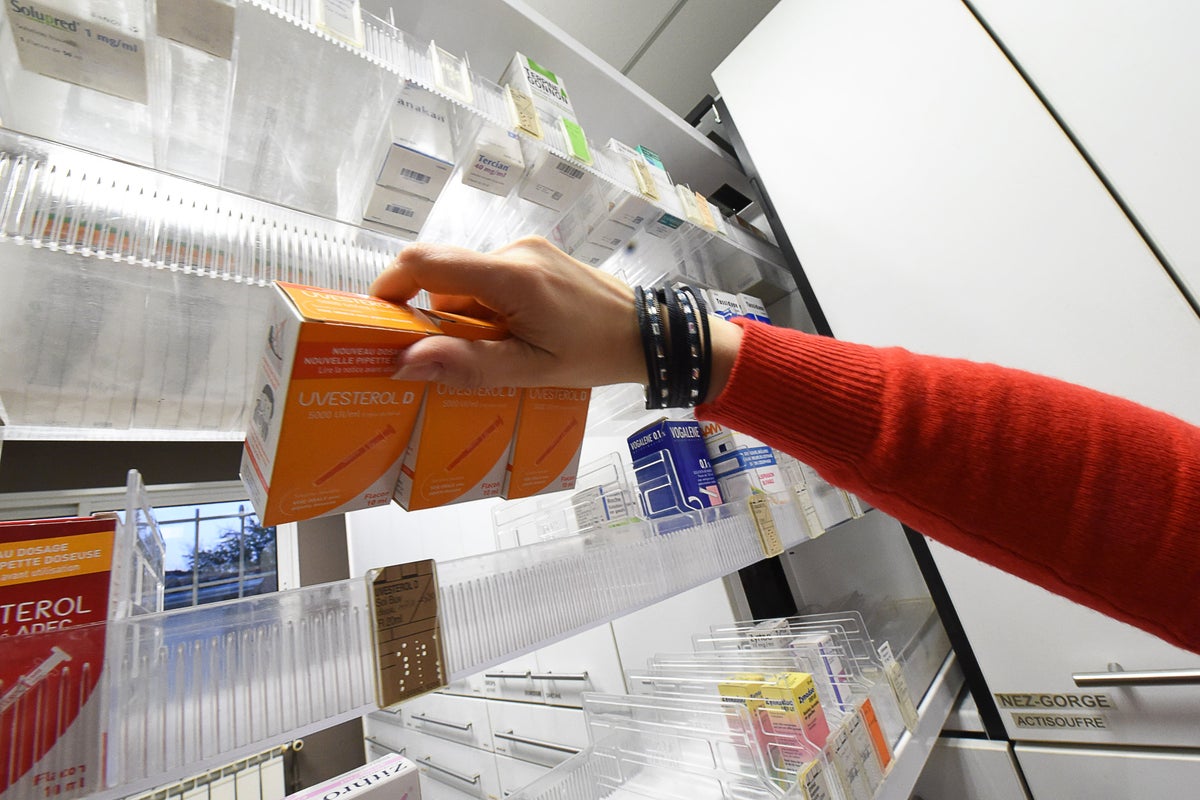Home / Health / Tailored Vitamin D Doses Slash Heart Attack Risk by Over 50%
Tailored Vitamin D Doses Slash Heart Attack Risk by Over 50%
11 Nov
Summary
- Personalizing vitamin D doses based on blood levels can significantly reduce heart attack risk
- Widespread vitamin D deficiency linked to growing heart disease burden globally
- Rigorous monitoring protocol recommended to adjust vitamin D supplementation every 3 months

According to a study presented at the American Heart Association's Scientific Sessions 2025, researchers have discovered that personalizing vitamin D supplementation for patients diagnosed with heart disease can significantly reduce their risk of heart attacks. The study, conducted over a six-year period at Intermountain Medical Center in Utah, found that participants who underwent regular blood testing and tailored vitamin D dosing experienced a 52% reduction in recurrent heart attacks compared to those receiving standard care without vitamin D management.
The findings underscore the importance of addressing the widespread vitamin D insufficiency observed in this population, with over 85% of participants initially having suboptimal levels below 40 nanograms per millilitre (ng/mL) of blood. Researchers emphasize that this personalized approach to vitamin D supplementation, which aims to safely surpass the 40 ng/mL threshold, marks a departure from the traditional fixed-dose model and demands a rigorous monitoring protocol that adjusts the dosage every three months.
The study's lead author, epidemiologist Heidi T. May from Intermountain Health, believes these results could pave the way for new heart attack prevention strategies centered on nutrient optimization. However, she cautions that the findings need to be corroborated by larger, peer-reviewed trials before being widely adopted. Nonetheless, the data highlights the potential for simple, cost-effective interventions to address the growing global burden of heart disease.




